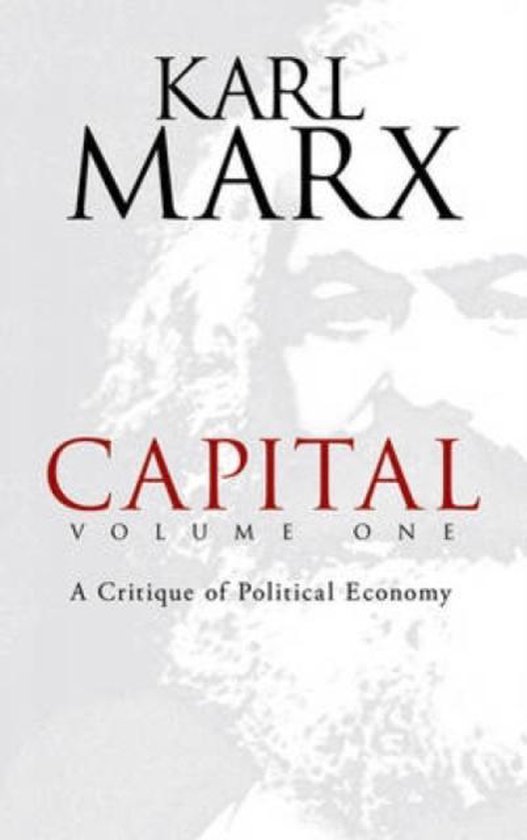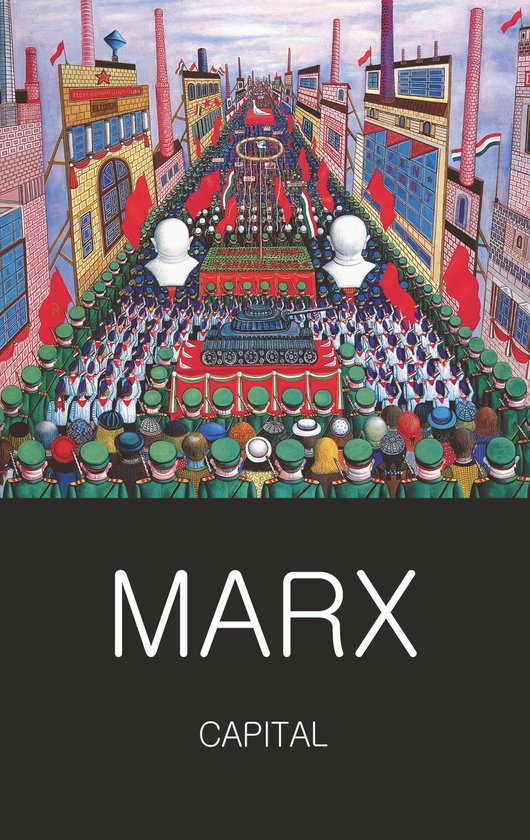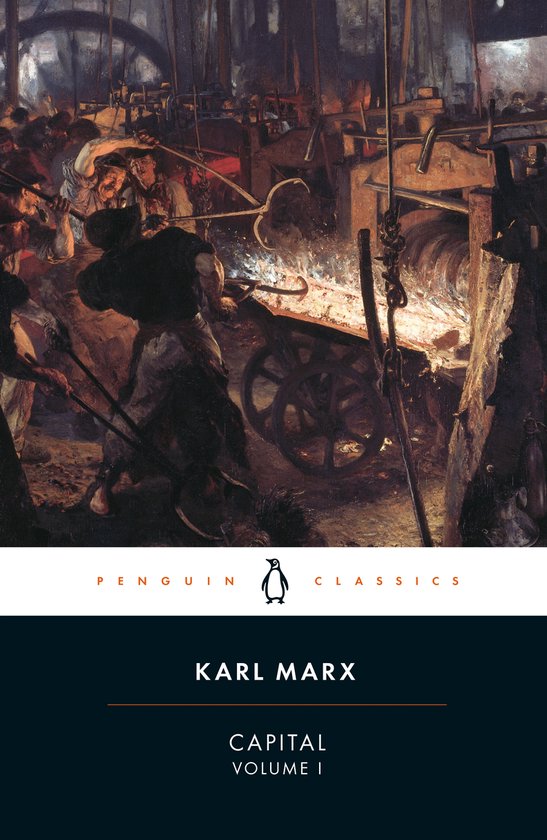
Capital
Hailed by Friedrich Engels as "the bible of the working class," this 1867 classic of political economics changed the course of history. Thirty years in the making, Capital, Volume I was the first installment of Karl Marx's three-part Das Kapital and the only volume published during his lifetime. Marx declared that society is evolving from crude, unbalanced economic systems toward a utopian state specifically, communism. His critiques of private property and class struggles aroused tremendous interest and exercised an influence that resonates to this day.
Marx offers a penetrating analysis of capitalism's inner workings, examining commodities, value, money, and other factors related to the system's historic origins and contemporary functions. These considerations form the framework for his conclusion: the system cannot be reformed and must be overthrown by a revolution, resulting in a socialist society in which production serves the needs of every individual rather than generating profits for the few.
Marx offers a penetrating analysis of capitalism's inner workings, examining commodities, value, money, and other factors related to the system's historic origins and contemporary functions. These considerations form the framework for his conclusion: the system cannot be reformed and must be overthrown by a revolution, resulting in a socialist society in which production serves the needs of every individual rather than generating profits for the few.
| Auteur | | Karl Marx |
| Taal | | Engels |
| Type | | Paperback |
| Categorie | | Mens & Maatschappij |




